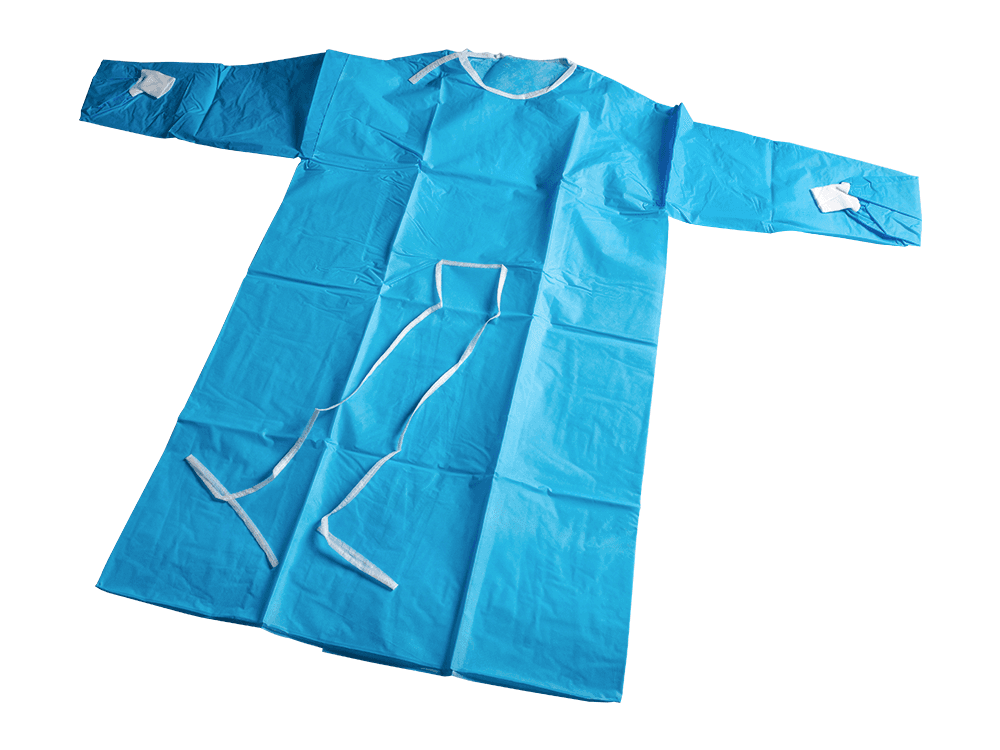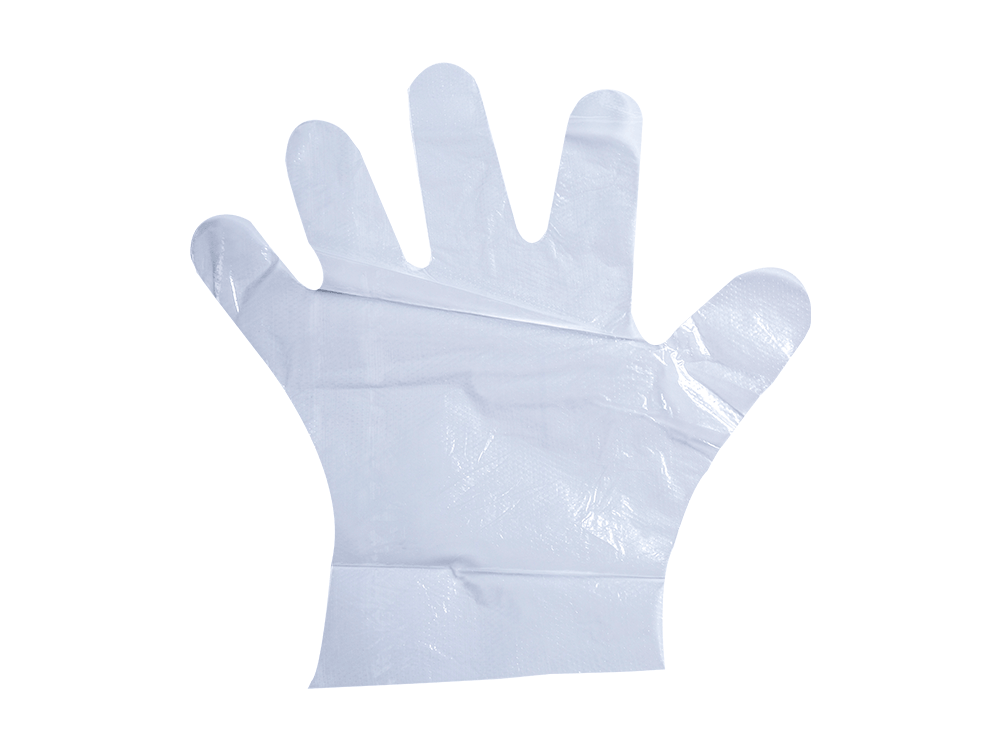Gloves are essential in medical environments and set a standard for cleanliness and safety. They protect healthcare professionals and patients from germs while handling sharp tools or chemicals.
Single-use gloves prevent cross contamination by minimizing the spread of bacteria, germs and fluids. Latex-free styles like nitrile and vinyl provide durable hand protection. Thicker options are best for chemical-resistant applications.
Polyethylene Gloves
Whether you work in the food service industry or not, disposable gloves are an important part of your safety routine. They protect your hands from chemicals, bacteria and germs. The glove material you choose will depend on your job specifics and personal preferences.
The most common type of disposable gloves are made from polyethylene (PE). Poly is an inexpensive plastic resin that can be molded into many different forms, including gloves. PE gloves are latex free and therefore good for people with allergies. They are also easy to don and doff, reducing the risk of microbial transfer between tasks in food prep.
The newest type of disposable glove is the eco glove. Made from recycled PET, the textured elastomer is biodegradable and compostable. The new technology in these gloves helps them to flex more easily and to provide better tactile sensitivities than other materials. The elastomer is also soft and comfortable on the hand. These are ideal for light food applications and other household maintenance and cleaning.
Nitrile Gloves
Nitrile gloves are made from synthetic rubber copolymerized with the monomers acrylonitrile and butadiene. This process eliminates any latex proteins, making nitrile gloves reliably latex-free. Nitrile is a tough material that provides excellent chemical resistance and three times more puncture resistance than vinyl or latex gloves.
Nitrile disposable gloves are popular with food handlers because of their ability to protect against hazardous chemicals and biohazards. They are also great for anyone who works with harsh household chemicals on a regular basis.
These disposable nitrile gloves come in blue, black, white, or any other color you can imagine and they are available in industrial-grade or medical-grade. Medical-grade nitrile gloves pass blood-borne pathogen penetration and other requirements for healthcare safety. Nitrile gloves are also waterproof and can be used in damp environments. When removing nitrile gloves, it is important to follow proper doffing procedure so that harmful chemicals or pathogens don’t escape from the gloves and contaminate objects or surfaces they are touching.
Latex Gloves
Many healthcare professionals rely on disposable latex gloves to protect their hands from biohazards, including blood, urine and feces. Unlike other disposable glove materials, latex is highly elastic and provides a tight fit that helps to prevent materials and liquids from seeping through the glove. Latex is also a natural substance that degrades over time, making it eco-friendly.
However, because of the proteins found in latex, it can trigger an allergic reaction in some individuals. To prevent allergic reactions, nitrile, vinyl and chloroprene (commonly known as neoprene) gloves are available.
Nitrile and vinyl offer good chemical and micro-organism protection and are more form fitting than latex. They are suitable for use in food handling and other non-hazardous environments. Vinyl is a great choice for situations that require light-duty work, such as cleaning and dishwashing. It is less form fitting than latex and nitrile, which may affect the wearer’s dexterity. It is also more likely to catch and tear compared to latex.
Vinyl Gloves
Disposable gloves protect workers from chemicals, micro-organisms and other hazards in the workplace. They can also improve dexterity and comfort by providing a snug fit, allowing them to work without hindrance or discomfort.
Most gloves are made from one of three materials: latex, nitrile and vinyl. Each of these has unique strengths and weaknesses, which makes it important to understand which are best suited to your business needs.
Vinyl gloves are made from a synthetic material, polyvinyl chloride, or PVC. They are a good choice for low-risk cleaning and healthcare tasks that don’t involve hazardous chemicals. However, they provide little protection from abrasions and chemicals and are less form-fitting than nitrile or latex gloves, making them prone to catch and tear easily. They are available in a range of thicknesses and in powdered or non-powdered options. This makes them a suitable option for those with latex allergies. They are also a cheaper alternative to nitrile and latex.


 english
english 中文简体
中文简体

















